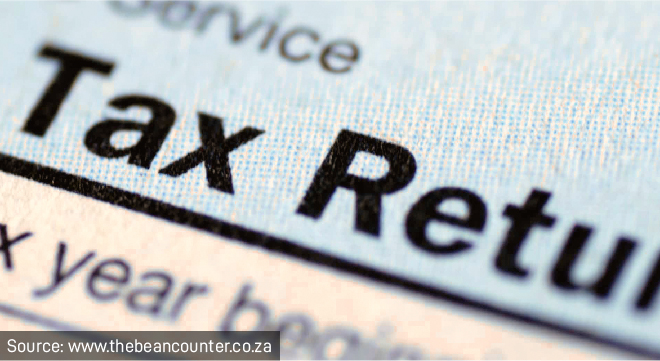The South African Revenue Service (Sars) collected an additional R3 billion through its voluntary disclosure programme (VDP) and prevented tax leakage of another R865 million during the 2021 tax year.
However, the latest PwC Taxing Times Survey reveals that only 40% of the participants made use of the programme. This is similar to the pattern in 2021 but down from 46% in 2020.
The latest survey was conducted in May, June and July this year, with 178 corporate taxpayers across 23 industries participating.
Jadyne Devnarain, tax controversy and dispute resolution associate director at PwC, says the VDP process remains a difficult landscape to navigate and not all taxpayers are successful in obtaining the relief they sought.
Lack of clarity
“One of the difficulties is that there are no formal definitions in the Tax Administration Act with certain words and phrases used in the VDP.” This naturally leads to different interpretations both on the part of taxpayers and Sars.
According to Devnarain, 55% of the participants said their application was declined because Sars believed it was not voluntary. “This could be indicative of the lack of clarity in respect of the meaning of voluntary,” she says.
The requirements for a valid application include:
- The disclosure must be voluntary;
- It must involve a default that has not previously been disclosed by the applicant;
- It must be full and complete in all material aspects; and
- It must not result in a refund due by Sars.
Participants were asked why Sars did not consider their applications to be voluntary; 78% indicated that it was because of an audit, and 11% said their supplementary declaration (IT14SD) was outstanding.
“This is a contentious area, as Sars has viewed the issuance of an IT14SD notice as a verification which automatically eliminates the taxpayer from the VDP process.”
Devnarain says that because the supplementary declaration notice is being decommissioned, the results will probably look different going forward, with more taxpayers becoming eligible for the VDP.
Mark Kingon, head of stakeholder relations at Sars, says they need to work on what is a voluntary disclosure and what it is being audited.
There have been calls for Sars to accept an application if the audit does not relate to the tax type for which the taxpayer is applying for relief.
“We need to have better clarity as we move forward,” he said at the recently held annual Tax Indaba.
Another reason given by PwC survey participants for the rejection of VDP applications is that Sars did not consider the disclosure to be “full and complete”. Again, there is a lack of clarity on what full and complete means. Devnarain says Sars has to offer guidance and clarity in this regard.
VDP offers help
Notwithstanding the complexities and uncertainties around the process, 82% of this year’s participants fully agreed or agreed to some extent that the VDP relief helped their company.
“This is a good indication that there is clearly a need for an effective VDP system, but I think taxpayers do require clarity when it comes to certain words and phrases,” says Devnarain.
“They are looking for consistency on the part of Sars when it comes to interpreting and applying the requirements for a valid voluntary or full and complete disclosure.”
Sars has done significant work in engaging with registered controlling bodies – such as the South African Institute of Taxation, the South African Institute of Professional Accountants and the South African Institute of Chartered Accountants – on the matter of clarity.
“The VDP team has been very transparent and engaging, and the clarity offered has led to the results where 82% of the users of the VDP are happier,” says Kingon.
Managing tax debt
Taxpayers who are not happy with a decision or an assessment by Sars may object or dispute it in terms of the Tax Administration Act.
To get around the “pay-now-argue-later” principle, they can request a suspension of payment. This appears to be easier said than done.
The survey found that only 25% of the applications were accepted, and it is a concern that 34% of the participants indicated that Sars rejected their requests without offering adequate reasons for the decision.
Kingon says the Sars processes are not “fully systematised”, which results in some data inefficiencies in managing the channel of requests.
He acknowledges that certain provisions that must be met are open to interpretation.
“But we want to give adequate reasons, because that prevents people coming back in the future. There are plans afoot with regards to the debt project, and we hope to have greater system impact going forward.”
PwC says it is important that Sars’s powers are balanced against the rights of taxpayers. A taxpayer must be fully informed of the basis on which Sars declined a request for suspension of payment of disputed tax liabilities.
To read to the full survey results, go to https://www.pwc.co.za/en/assets/pdf/taxing-times-2022.pdf
Amanda Visser is a freelance journalist who specialises in tax and has written about trade law, competition law and regulatory issues.
Disclaimer: The information in this article does not constitute legal or financial advice.



